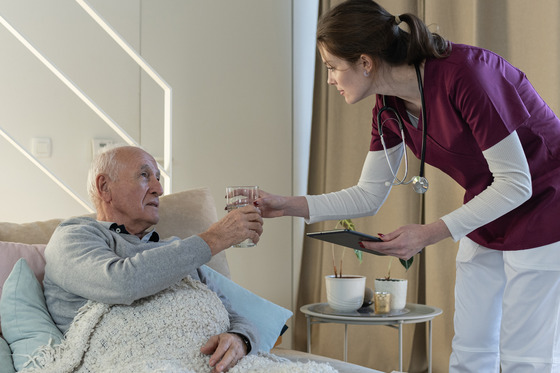Conditions affecting the rectum, anus, and lower portion of the digestive tract are the primary focus of PROCTOLOGY diagnosis and treatment. While these issues can be uncomfortable to discuss, early attention and treatment can prevent complications and restore comfort. Many people delay visiting a specialist out of embarrassment or lack of awareness, but recognising the early signs of rectal or anal problems can make all the difference. Knowing when to consult a proctologist ensures timely intervention, improved recovery, and overall better digestive health.
Common Symptoms That Shouldn’t Be Ignored
Rectal discomfort can arise from several causes, ranging from minor irritations to chronic medical conditions. Some of the most common symptoms that warrant a visit to a proctologist include persistent itching, pain during bowel movements, bleeding, or swelling around the anal area. These symptoms might point to haemorrhoids, fissures, infections, or other conditions that require specialised care.
Ignoring such signs may lead to worsening inflammation, recurring infections, or even long-term bowel dysfunction. A proctologist can perform a detailed examination using safe, modern diagnostic tools to identify the root cause and recommend the most effective treatment.
Additionally, changes in stool consistency, unexplained constipation, or diarrhoea that lasts more than a few days should also prompt a medical consultation. These can sometimes indicate underlying conditions within the lower gastrointestinal tract that need prompt attention.
Gastroenterology’s Relationship With Digestive Health
Many rectal and anal disorders overlap with gastrointestinal issues, highlighting the strong connection between Gastroenterology and proctology. The digestive system functions as a continuous network, and problems in one part often affect another. For instance, chronic constipation caused by dietary imbalance or irritable bowel syndrome (IBS) can increase pressure in the rectal veins, leading to haemorrhoids or fissures.
Gastroenterologists and proctologists often work together to provide comprehensive care. While gastroenterologists focus on the upper and middle sections of the digestive tract, proctologists specialise in the lower end, where bowel movements and waste elimination occur. Coordinated treatment ensures that both underlying digestive issues and surface symptoms are managed effectively.
Lifestyle adjustments such as high-fibre diets, proper hydration, and regular physical activity can support both gastrointestinal and rectal health. These preventive measures promote smoother digestion and reduce strain during bowel movements, lowering the risk of developing chronic rectal conditions.
How Circulatory Issues Like Varicose Veins Are Linked?
Though Varicose veins primarily occur in the legs, their underlying cause—poor venous circulation—can also influence conditions in the rectal region. Just like the veins in the legs, rectal veins can become enlarged or weakened when blood flow is restricted, leading to issues such as haemorrhoids.
People who stand or sit for long periods, have sedentary lifestyles, or experience increased abdominal pressure are more prone to venous congestion. Addressing circulation problems early helps not only the legs but also supports overall vascular and digestive wellness. A healthy weight, regular exercise, and avoiding extended periods of sitting are all good ways to increase blood flow throughout the body.
Understanding this connection highlights how vascular health, digestive balance, and rectal well-being are interrelated. A comprehensive approach to care ensures better prevention and faster recovery from proctological conditions.
When To Seek Professional Help?
It’s essential to see a proctologist when symptoms persist beyond a few days, cause significant pain, or disrupt daily life. Visible blood in the stool, unexplained weight loss, or a family history of colon disease should never be ignored. Early diagnosis leads to more effective, less invasive treatments and helps rule out severe conditions such as colorectal cancer.
During the consultation, a proctologist may perform a physical exam, anoscopy, or colonoscopy to assess the issue. Most procedures are quick and minimally invasive, offering immediate insights and guidance for treatment.
Final Thoughts
Recognising when to see a proctologist is an essential step in maintaining overall digestive and vascular health. From managing rectal discomfort to addressing connected issues in gastroenterology and even conditions related to varicose veins, timely medical attention can make a significant difference. Taking early action not only relieves discomfort but also helps protect long-term wellness—ensuring that minor problems don’t develop into major health concerns.


